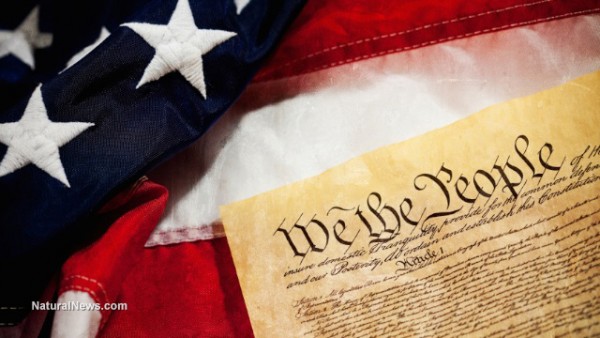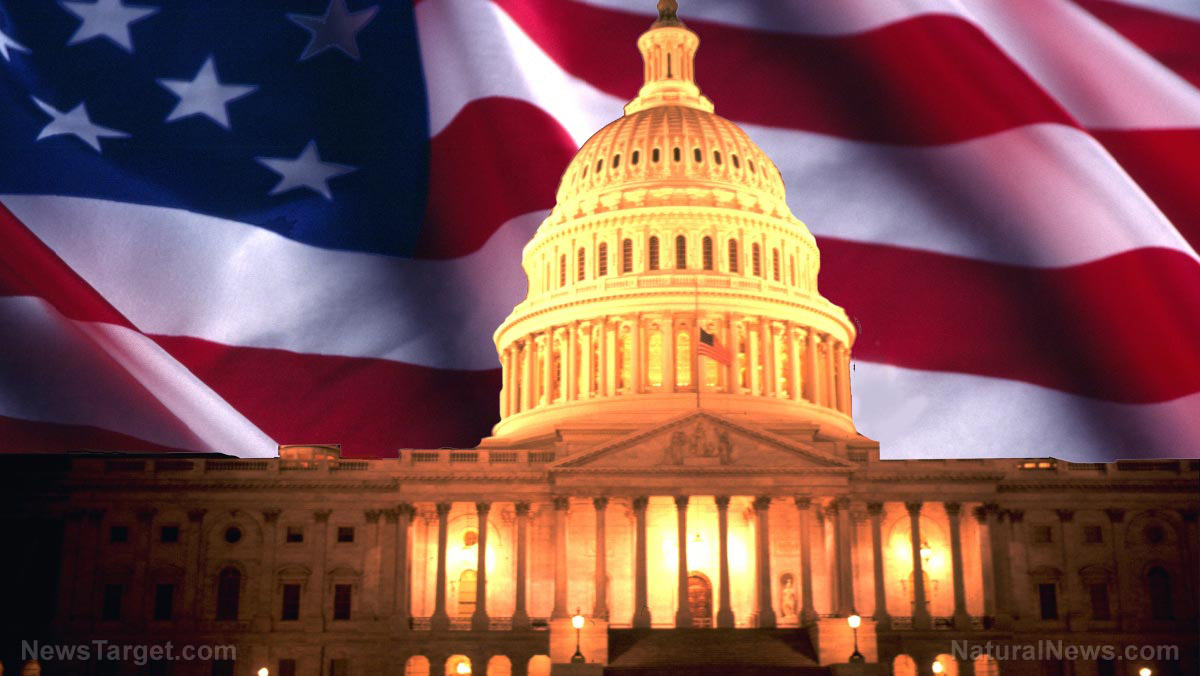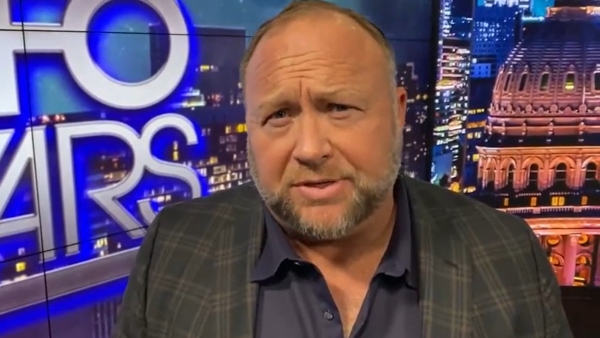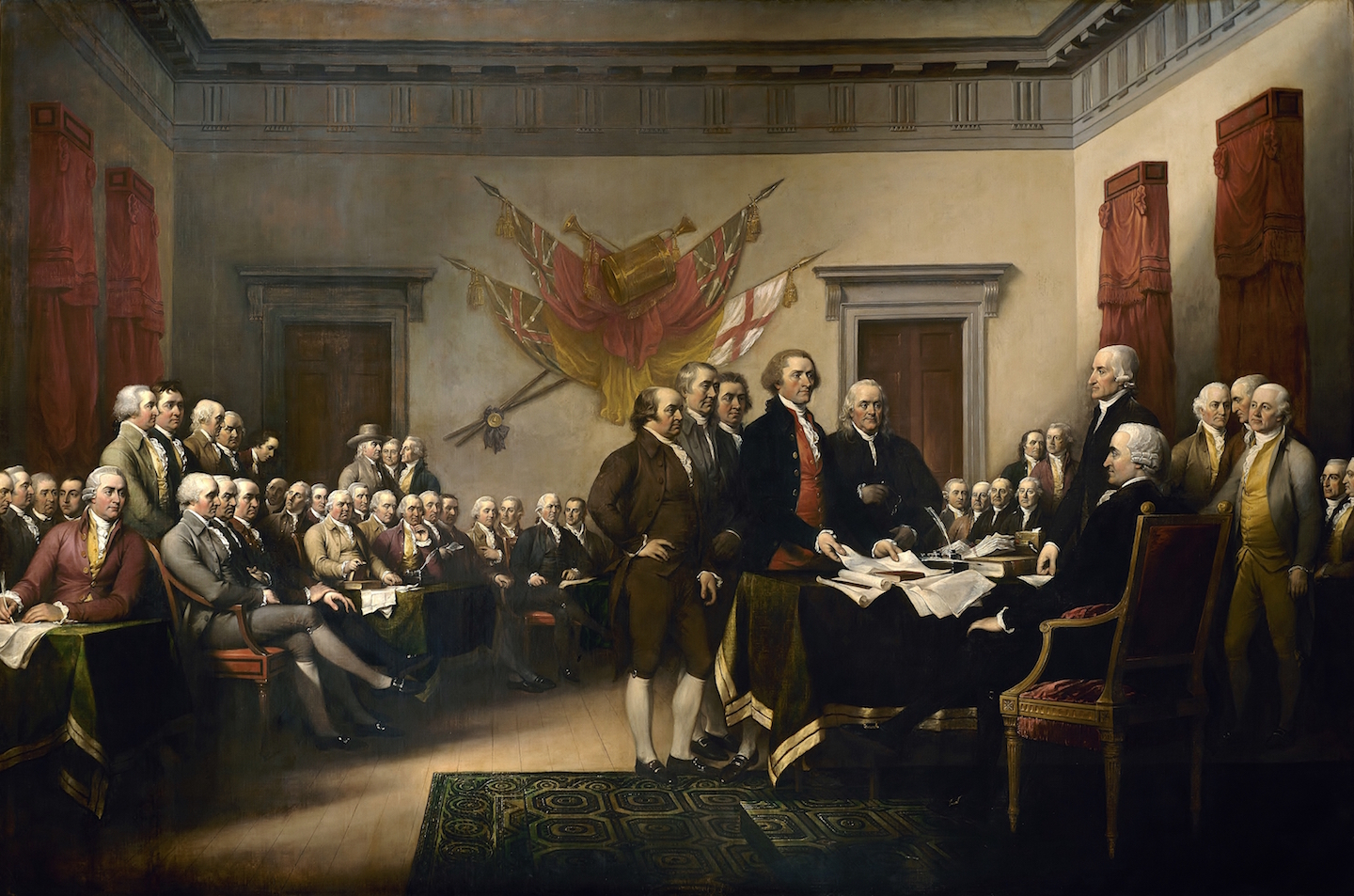
Advertisement
A citizenry can only hold its government accountable if it knows when the government oversteps its bounds.
Article by John W. Whitehead
Unfortunately, the American governmental scheme is sliding ever closer towards a pervasive authoritarianism precisely because Americans are clueless about their rights—because Americans have been brainwashed into believing that their only duty as citizens is to vote—because the citizenry has failed to hold government officials accountable to abiding by the Constitution—and because young people are no longer being taught the fundamentals of the Constitution or the Bill of Rights, resulting in citizens who don’t even know they have rights.
This steady slide towards tyranny, meted out by militarized local and federal police and legalistic bureaucrats, has been carried forward by each successive president over the past fifty years regardless of their political affiliation.
Big government has grown bigger and the rights of the citizenry have grown smaller.
However, there are certain principles—principles that every American should know—which undergird the American system of government and form the basis for the freedoms our forefathers fought and died for.
The following seven principles are a good starting point for understanding what free government is really all about.
First, the maxim that power corrupts is an absolute truth. Those who drafted the Constitution held one principle sacrosanct: a distrust of all who hold governmental power. As Thomas Jefferson warned, “Let no more be heard of confidence in man, but bind him down from mischief by the chains of the Constitution.”

The second principle is that governments primarily exist to secure rights, an idea that is central to constitutionalism. The purpose of constitutionalism is to limit governmental power and ensure that the government performs its basic function: to preserve and protect our rights, especially our unalienable rights to life, liberty and the pursuit of happiness, and our civil liberties. Unfortunately, the government today has discarded this principle and now sees itself as our master, not our servant.
The third principle revolves around the belief that no one is above the law, not even those who make the law. This is termed rule of law. If all people possess equal rights, the people who live under the laws must be allowed to participate in making those laws. By that same token, those who make the laws must live under the laws they make.
Fourth, separation of powers ensures that no single authority is entrusted with all the powers of government. It is for this reason that the government is divided into three co-equal branches: legislative, executive and judicial. Placing all three powers in the same branch of government was considered the very definition of tyranny by the Framers.
Fifth, a system of checks and balances, essential if a constitutional government is to succeed, strengthens the separation of powers and prevents legislative despotism. The Framers feared that Congress could abuse its powers and potentially emerge as the tyrannous branch because it had the power to tax. But they did not anticipate the emergence of presidential powers as they have come to dominate modern government or the inordinate influence of corporate powers on governmental decision-making.
Sixth, representation allows the people to have a voice in government by sending elected representatives to do their bidding while avoiding the need of each and every citizen to vote on every issue considered by government. If the people don’t agree with how their representatives are conducting themselves, they can and should vote them out.
Finally, federalism is yet another constitutional device to limit the power of government by dividing power and, thus, preventing tyranny. Because local and particular interests differ from place to place, such interests are better handled at a more intimate level by local governments, not a bureaucratic national government. Unfortunately, we are now governed by top-heavy government emanating from Washington DC that has no respect for local institutions or traditions.
These seven vital principles have been largely forgotten in recent years, obscured by the haze of a centralized government, a citizenry that no longer thinks analytically, and schools that don’t adequately teach our young people about their history and their rights.
Yet here’s the rub: while Americans wander about in their brainwashed states, their “government of the people, by the people and for the people” has largely been taken away from them.
The answer: get un-brainwashed.
Learn your rights.
Stand up for the founding principles.
Make your voice and your vote count for more than just political posturing.
Never cease to vociferously protest the erosion of your freedoms at the local and national level.
Most of all, do these things today.
If we wait until the votes have all been counted or hang our hopes on our particular candidate to win and fix what’s wrong with the country, “we the people” will continue to lose.
Whether we ever realize it not, the enemy is not across party lines, as they would have us believe. It has us surrounded on all sides.
Even so, we’re not yet defeated.
We could still overcome our oppressors if we cared enough to join forces and launch a militant nonviolent revolution—a people’s revolution that starts locally and trickles upwards—but that will take some doing.
It will mean turning our backs on the political jousting contests taking place at all levels of government and rejecting their appointed jesters as false prophets. It will mean not allowing ourselves to be corralled like cattle and branded with political labels that have no meaning anymore. It will mean recognizing that all the evils that surround us today—endless wars, drone strikes, invasive surveillance, militarized police, poverty, asset forfeiture schemes, overcriminalization, etc.—are not of our making but came about as a way to control and profit from us.
It will mean “voting with our feet” through sustained, mass civil disobedience.
As journalist Chris Hedges points out, “There were once radicals in America, people who held fast to moral imperatives. They fought for the oppressed because it was right, not because it was easy or practical. They were willing to accept the state persecution that comes with open defiance. They had the courage of their convictions. They were not afraid.”
Ultimately, as I make clear in my book Battlefield America: The War on the American People, it will mean refusing to be divided, one against each other, by politics and instead uniting behind the only distinction that has ever mattered: “we the people” against tyranny.
Delivered by The Daily Sheeple
We encourage you to share and republish our reports, analyses, breaking news and videos (Click for details).
Contributed by John W. Whitehead of The Rutherford Institute.
Since 1996, John W. Whitehead has taken on everything from human rights abuses in Saudi Arabia, protection of religious freedom, and child pornography, to family autonomy issues, cross burning, the sanctity of human life, and the war on terrorism in his weekly opinion column. A self-proclaimed civil libertarian, Whitehead is considered by many to be a legal, political and cultural watchdog—sounding the call for integrity, accountability and an adherence to the democratic principles on which this country was founded.
Time and again, Whitehead hits the bull’s eye with commentaries that are insightful, relevant and provocative. And all too often, he finds himself under fire for his frank and unadulterated viewpoint. But as he frequently remarks, “Anytime people find themselves under fire from both the liberal left and the conservative right, it means that that person is probably right on target.”
Mr. Whitehead’s commentaries have appeared in the Los Angeles Times, New York Times, Washington Post, Washington Times and USA Today.
This article may contain statements that reflect the opinion of the author
Advertisement
Advertisements















